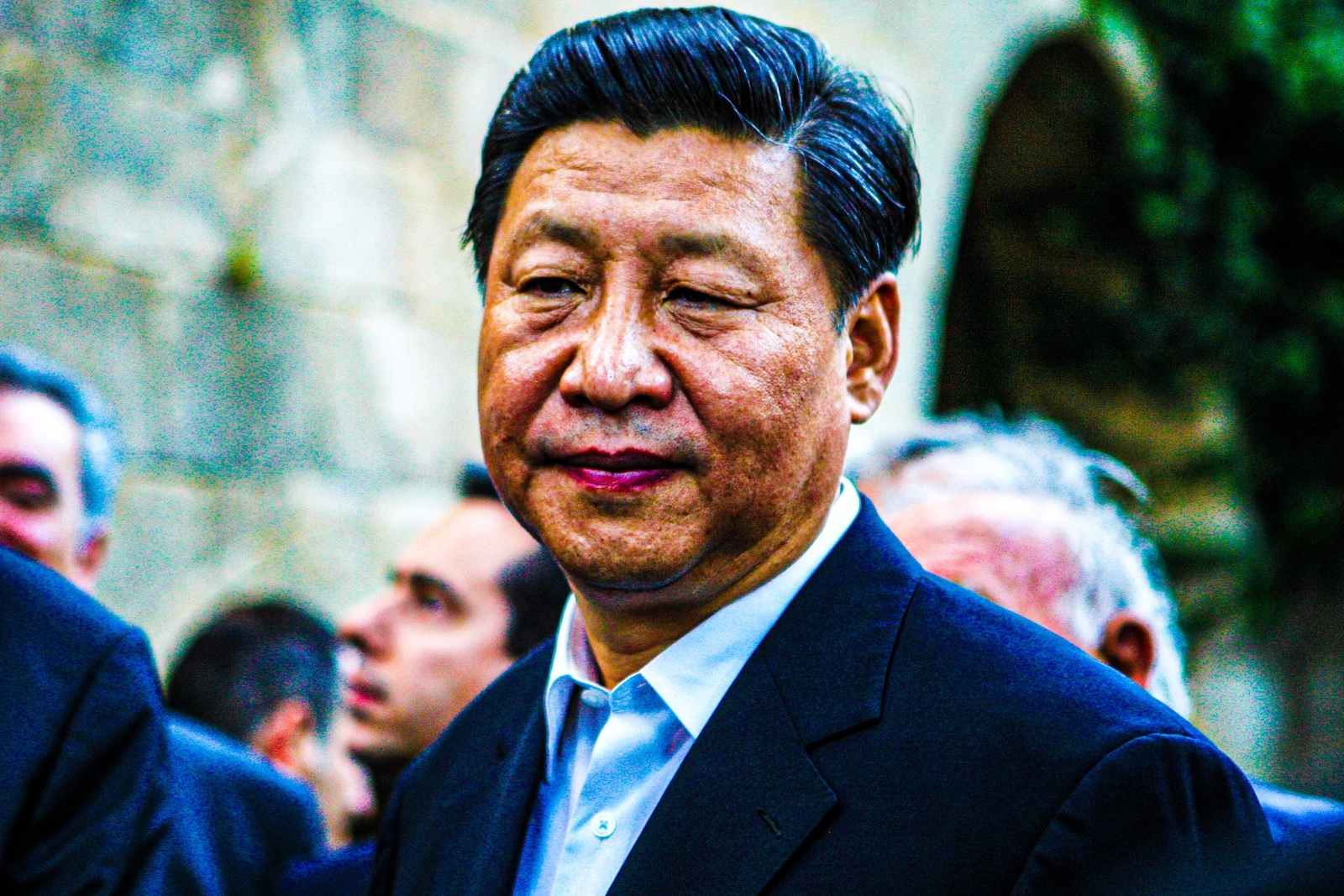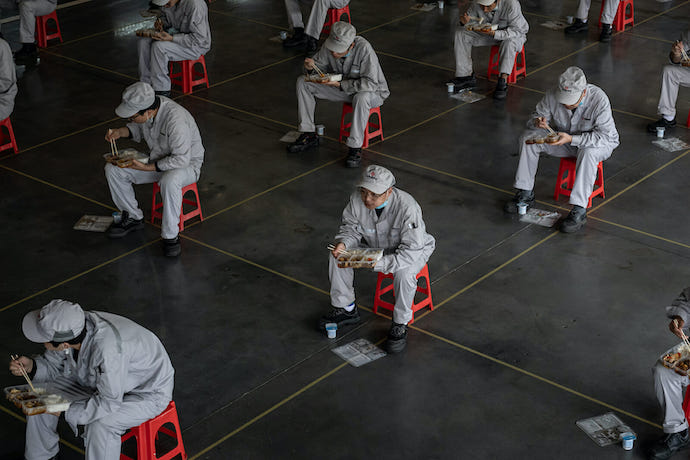
Legitimacy on Lockdown – Xi’s Misguided Policy is Creating a Problem for the CCP
Since its inception, the Chinese Communist Party (CCP) has relied on historic narratives as the basis of its validity as the ruling body of China. By continuing to wage a zero-COVID policy and mandate harsh lockdowns on some of its largest cities, President Xi Jinping and the CCP are exposing faults in the foundation of their narratives, and damaging the legitimacy of their rule just as China approaches the vital 20th Party Congress later this year.
The Chinese Communist Party’s legitimacy with the country’s populous at large is built on a foundational narrative the CCP itself constructed and continues to espouse in which it, the Party, is the sole reason China was able to pull itself out of being a weak, backwards third world civilization, often beset by foreign aggressors, into a prosperous, technologically advanced, economic power with upward mobility and a growing middle class. Upholding its claims to the Chinese people as the caretaker and guardian of China’s wellbeing, growth, and territorial claims is of the utmost importance for an authoritarian government trying to maintain legitimacy and power in a country with slowing economic growth and a population with increasing demand for social liberties.
Trying to sustain a strategy of altogether eliminating a highly contagious, airborne disease in a country with a global footprint and population of nearly 1.5 billion people is an impossibility. But rather than push for mass inoculation and the use of available vaccines, Xi has maintained a misguided course of zero-COVID and mass lockdowns, including its financial hub of Shanghai, leading to economic peril and supply chain woes the world over.
The zero-COVID strategy worked fairly well for Xi early in the pandemic with much less contagious strains of the virus, but continued mutations and much more infectious variations, a zero-COVID strategy not only fails to meet with reality, but exposes the very weaknesses the CCP has worked so hard to shroud through its narratives.

The Chinese people are typically aware that Chinese COVID-19 vaccines are not nearly as effective as Western vaccines, and they are aware a zero-COVID policy and prolonged lockdowns are a fool’s errand. But for the most part, they have gone along with these government mandates mainly because in an authoritarian state they do not have much of a choice, but also due to the sentiment that the state knows best – after all, the narrative says it was the CCP that got China this far in the first place.
However, therein lies the fundamental issue with Xi’s policy. When the CCP’s narrative begins to show cracks, when they no longer uphold their end of the bargain, and the Chinese people – who have come to expect a greater and continually increasing quality of life, economic growth, and social mobility – lose the very things the Party promised them that only it can provide, or it takes those things away, the Party’s legitimacy and stability quickly starts to deteriorate.
These foundations are often much more fragile than they appear on the surface, as evidenced even in American democracy following the 2020 U.S. presidential election. And the CCP doesn’t need to look too far back to find examples from its own history when misguided and unpopular government policies nearly toppled the regime at Tiananmen just over 30 years ago. It only takes one or two slight events to align and a structure which appeared sound can start to fall apart.
The approaching 20th Party Congress taking place later this year is tantamount to Xi’s power and position going forward in the Party, as well as the CCP’s makeup and control. A lot is at stake for both and neither can afford costly missteps leading up to it. But the insular nature of Xi’s regime, much more so than under Hu Jintao or Jiang Zemin before him, as Xi has cracked down on in-Party opposition, removed most political rivals, and tightened the authoritarian structures of the state, has created a situation where opposing views on how to handle the pandemic are either not made or not voiced to an insulated Politburo Standing Committee.
Xi and the CCP cannot afford to look weak or fallible leading up to the 20th Party Congress, and doing an about face on their COVID policy would in the short-term be admitting fault to the Chinese people. But by continuing its current flawed policy, Xi and his Party are cutting off their nose to spite their face as zero-COVID lockdowns are squelching China’s economy and turning public opinion on their ability and willingness to adjust to reality.
History is religion in China, and Beijing is well aware of how authoritarian governments have collapsed seemingly in an instance in the past. The Hungarian uprising in 1956, the Berlin Wall coming down in a moment of misperception in a changing atmosphere in 1989, and the USSR in 1991 in a vague moment of confusion and shifting policies are all reminders to Beijing how quickly fissures in the institution can affect the stability of the powers that be.
Zero-COVID or not, the COVID-19 pandemic will not last forever, and a short-term legitimacy crisis may not appear to be a long-term dilemma for the CCP. However, the impact on the Chinese economy and to the public perception of the CCP due to its stubborn pandemic policy may expose many other fractures in the system, destabilize already delicate structures, and has the potential to set in motion small things that could potentially snowball into something that threatens to topple it all.

